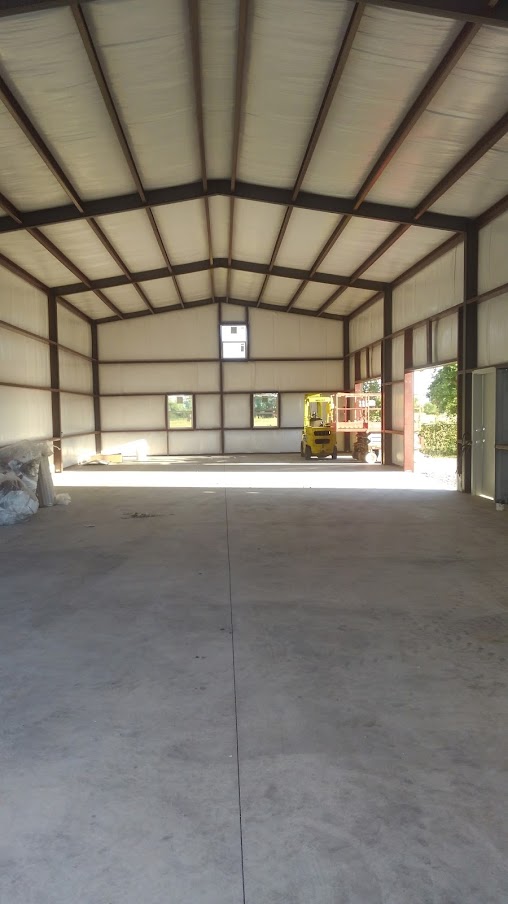Building tomorrow’s structures today requires a forward-thinking approach to construction, and high-quality, durable metal construction solutions are at the forefront of this evolution. Metal has long been a key material in modern building, but with advancements in technology, it is now playing an even more significant role in shaping the future of the construction industry. Steel, aluminum, and other metal alloys are increasingly utilized due to their remarkable strength, longevity, and versatility. These materials offer the ability to withstand the test of time, providing buildings with a robust framework that can resist the forces of nature, including extreme weather conditions, earthquakes, and corrosion, which are essential considerations in today’s rapidly changing environmental landscape. One of the key advantages of using metal in construction is its durability. Unlike traditional building materials such as wood or concrete, metal structures are resistant to common issues like rot, pests, and decay. This reduces the need for frequent repairs or maintenance, making metal an incredibly cost-effective choice over the life of a building.
Additionally, metal’s high strength-to-weight ratio allows for the construction of taller, more complex buildings without compromising safety or structural integrity. This has become particularly crucial as cities around the world continue to grow vertically, requiring materials that can support greater heights and larger loads while maintaining structural stability. Moreover, metal construction solutions offer remarkable flexibility in design. Steel frames, for instance, can be customized to accommodate a wide range of architectural styles, from sleek, modern skyscrapers to more traditional industrial designs. This flexibility is further enhanced by innovations in metalworking and fabrication, which allow for more intricate and unique designs that push the boundaries of what is possible in terms of both form and function. Additionally, metal’s ability to be recycled and reused makes it a sustainable choice, aligning with the increasing demand for environmentally conscious construction practices. Another critical benefit of metal construction is its speed and efficiency in building projects.
Prefabricated metal components can be manufactured off-site and then quickly assembled on location, reducing construction time significantly. This not only helps to minimize disruptions in busy urban areas but also accelerates the completion of vital infrastructure projects. In times of crisis, such as during natural disasters or economic challenges, the ability to erect durable, reliable buildings quickly becomes even more crucial, and okc metal construction services provide the ideal response to these pressing needs. Furthermore, metal’s ability to integrate advanced technologies such as smart building systems further elevates its status as the material of choice for tomorrow’s buildings. Smart metal buildings can be outfitted with sensors that monitor everything from energy efficiency to structural health, enabling real-time data collection and predictive maintenance. This level of intelligence helps to optimize building operations, reduce waste, and enhance the overall user experience.